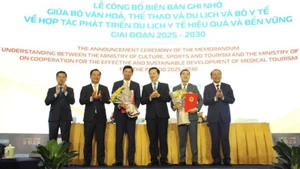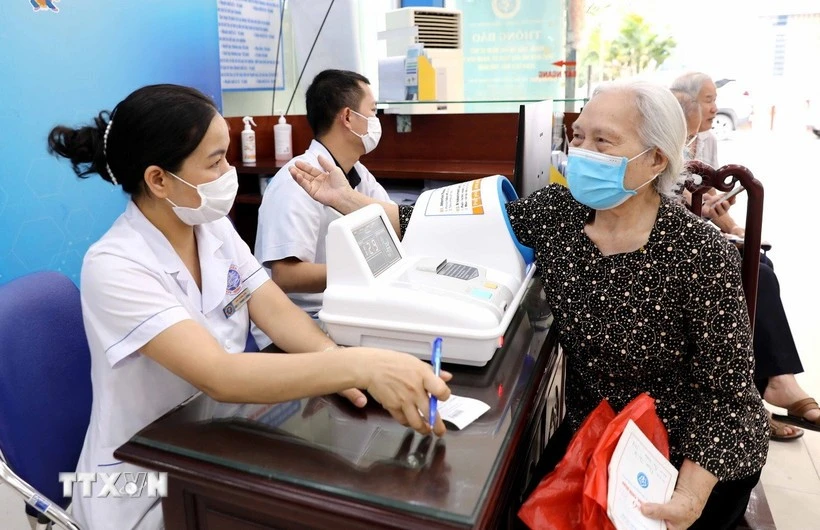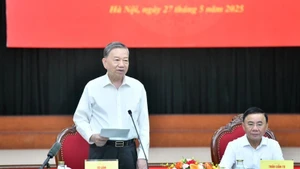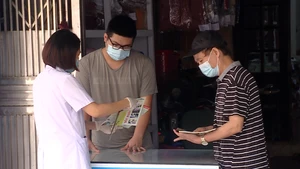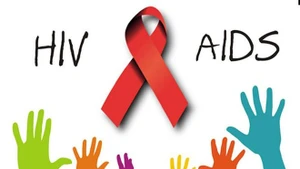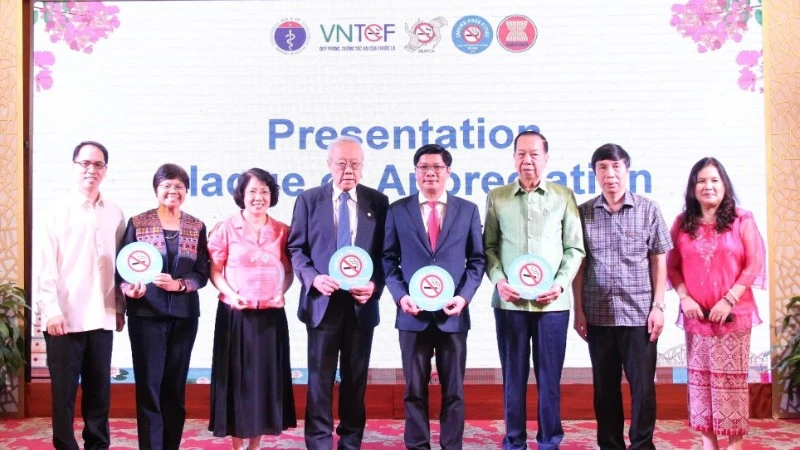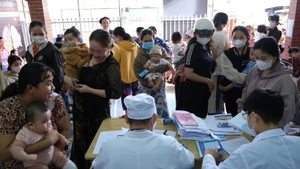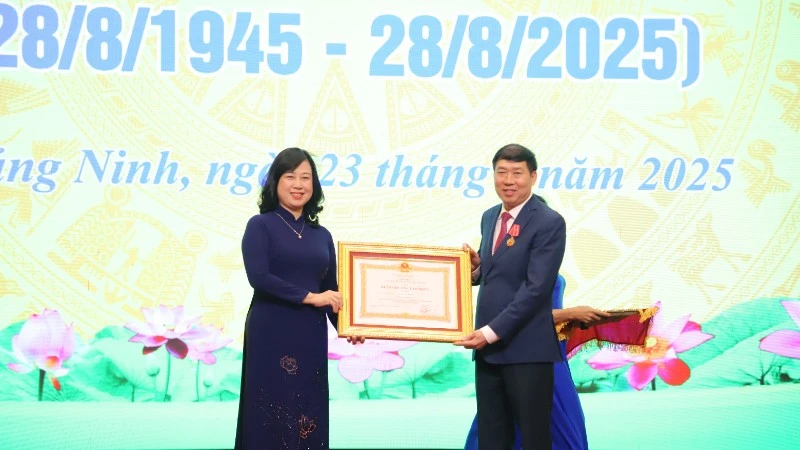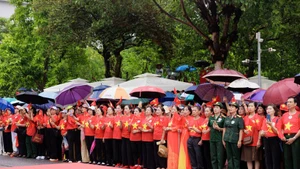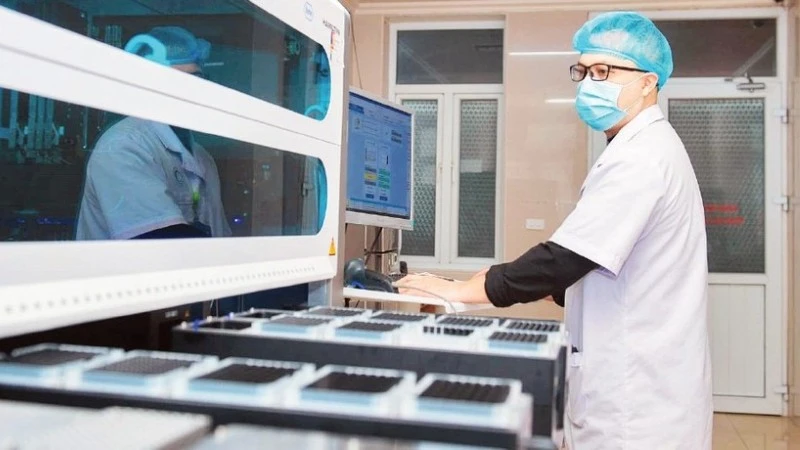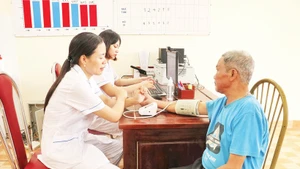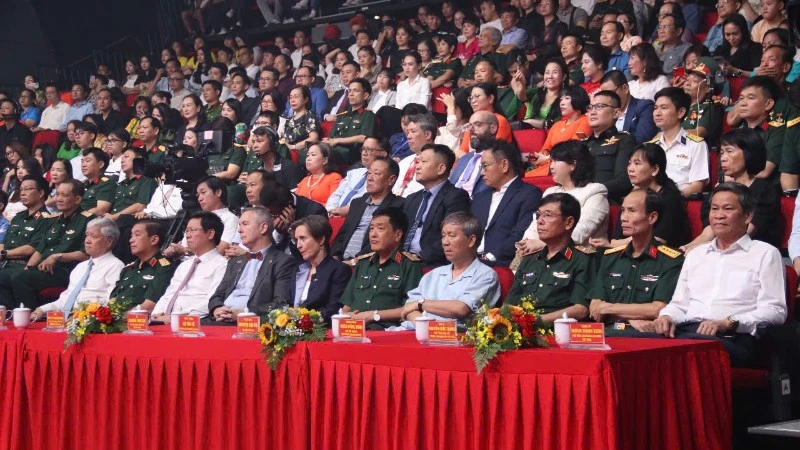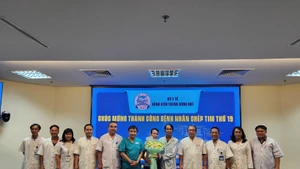State Vice President Nguyen Thi Doan made this remark at a ceremony held jointly by the World Health Organisation (WHO) and the Ministry of Health (MoH) in Hanoi on April 25 to mark the tenth anniversary of successfully defeating the pandemic.
Vice President Doan added that Vietnam’s success also affirmed its reputation in the international arena for preventing and controlling pandemics.
The outbreak of SARS in 2003 claimed 916 lives worldwide. When the first case was reported in Vietnam on February 26, 2003, the country promptly took action to deal with the pandemic.
The Party and State were strongly committed to controlling the disease and the close co-ordination between ministries, agencies and organisations, the tireless efforts of the health sector, and support from international community enabled Vietnam to successfully contain the outbreak in only 45 days. The WHO has recognised Vietnam as the first country in the world to successfully control a SARS epidemic.
Of the 63 SARS patients in the country, 58 were cured. However, three Vietnamese and two foreign doctors and nurses who were directly involved in treating and caring for patients died of the disease.
Vice President Doan conveyed the Vietnamese Party, State and people’s deep gratitude for the contributions and sacrifices of local and foreign individuals and organisations during the fight against SARS a decade ago, especially the Italian Dr. Carlo Ubani, who detected the first case of the disease and fought hard to fight against the virus before succumbing to it himself.
Ms. Doan praised the growth of the Vietnamese health sector and asked the MoH to learn from the lessons of the SARS epidemic ten years ago in order to strengthen the prevention and control of current infectious diseases such as A/H1N1, H5N1 and H7N9 influenza.
She urged the health sector to improve its policies to attract qualified staff, allocate sufficient healthcare budgets, and strengthen scientific research. She also recommended installing adequate, modern equipment in healthcare centres, improve the training of medical personnel and promote further international co-operation to develop an advanced, world-class heath system in Vietnam.
The Vice President also said that the health sector should work closely with ministries, departments and local governments to provide local people with accurate information and instructions for preventing and controlling pandemics, especially the severe A influenza virus which is becoming increasingly complex.

